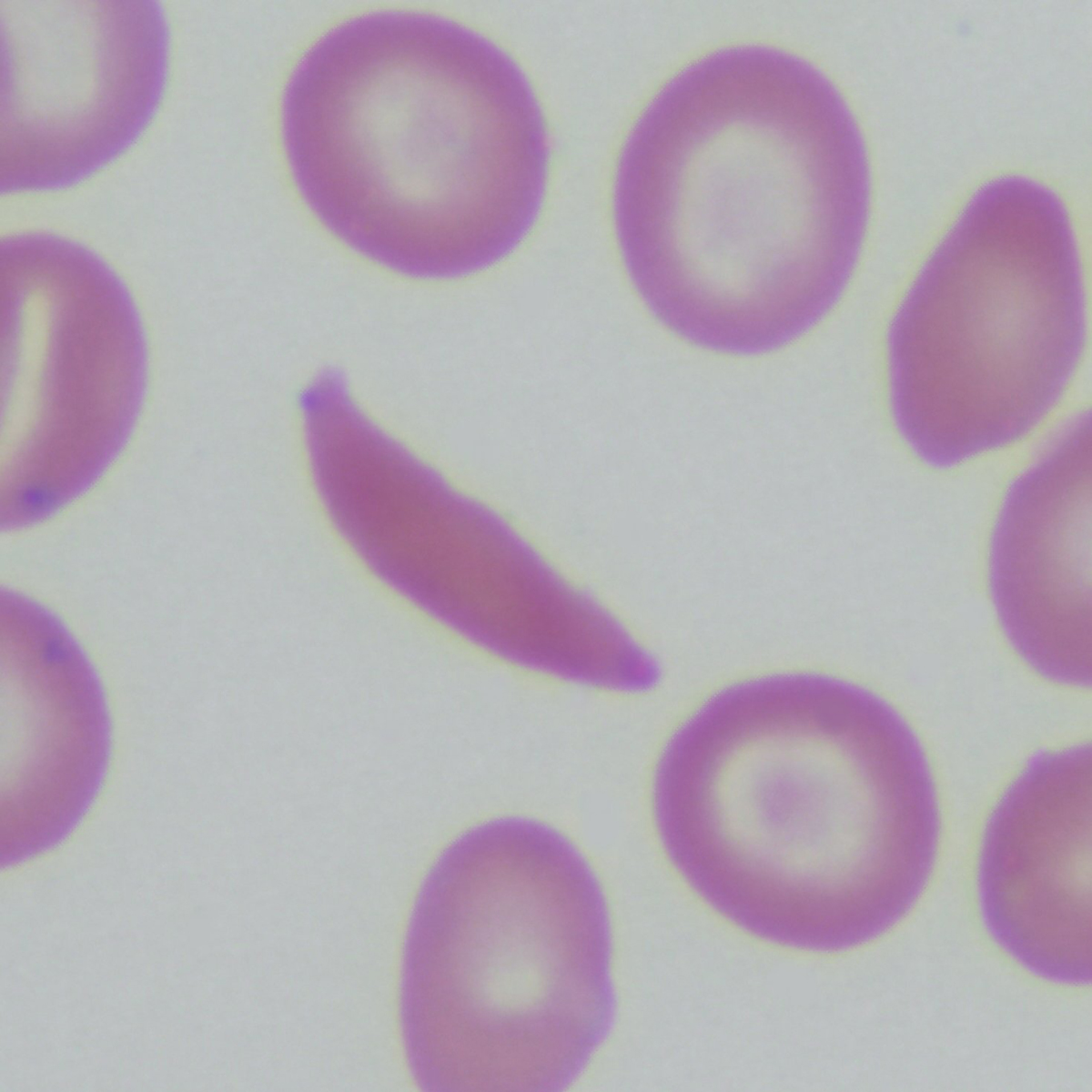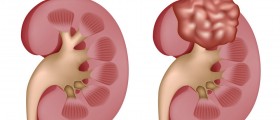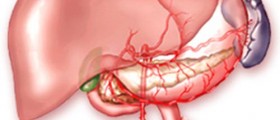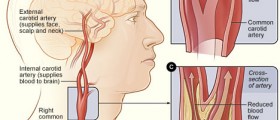
Taking a closer look to hyperkalemia
Hyperkalemia is the medical term for the condition which is marked by the abnormally increased amount of the mineral potassium in the blood. It is not so serious condition in the very first stages of the development, but, however, it should be treated right away after being noticed. That is because in the advanced stages, the blood becomes highly saturated with this chemical element, which, in the most of the cases, inevitably leads to the temporary or permanent cessation of the heartbeat, so it can be the fatal disease. And, the researchers have shown that more than a half of the patients die from it if they don’t treat it properly or at all.
Fortunately, it can be diagnosed easily, after the EKG examination is done, but there are, fortunately, some changes in the organism that can be felt and which should be realized as the potential threat to the health. So, the most prominent indicators of the excessive concentration of this chemical element in the blood stream are the irregular pulse, and the same changes of the functioning of the muscular tissue in the other organs, but also the disrupted contractions of the main, skeletal musculature. Additionally, the process of passing on the nervous signals is affected as well, which is, altogether usually manifested as the cessation of the muscular contractions that happens repeatedly from time to time.How to deal with this condition?
The issue on the treatment is tricky, since, it depends on many factors, such as, most importantly, the provoker of the high level of potassium, the seriousness of the following related health problems and signs of this disorder and of the general assessment of the condition and wellness of the organism. The non-severe cases of this condition are to be treated at home, while in the advanced cases, the affected individual must be undergo the therapy in the hospital environment. That is because the possible complications should be prevented or healed by the professional care.
However, the treatment includes the dietary regime, which is mainly based on staying away from this mineral, either from foods or from the prescribed drugs. When it comes to the advanced stages of the disorder, the process of putting the glucose or sodium bicarbonate into the blood flow will lock up the potassium back into the cells. Similarly, the diuretics will force this mineral to be expelled during the urination and from kidneys. Also, calcium is put in order to encourage the contraction of the heart and the other muscles. And, the dialysis is done if none of the mentioned infusions helped. All those listed interventions are done by the continuous slow introduction of a solution into the vein, which is also called the infusion.

















Your thoughts on this
Loading...